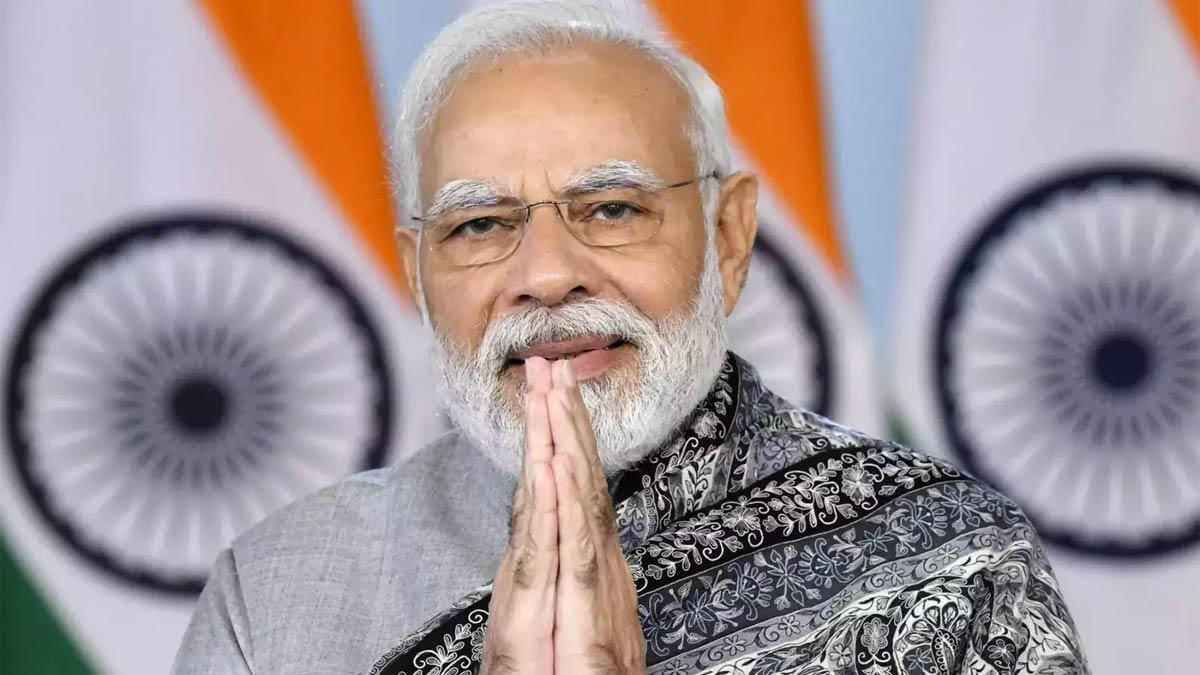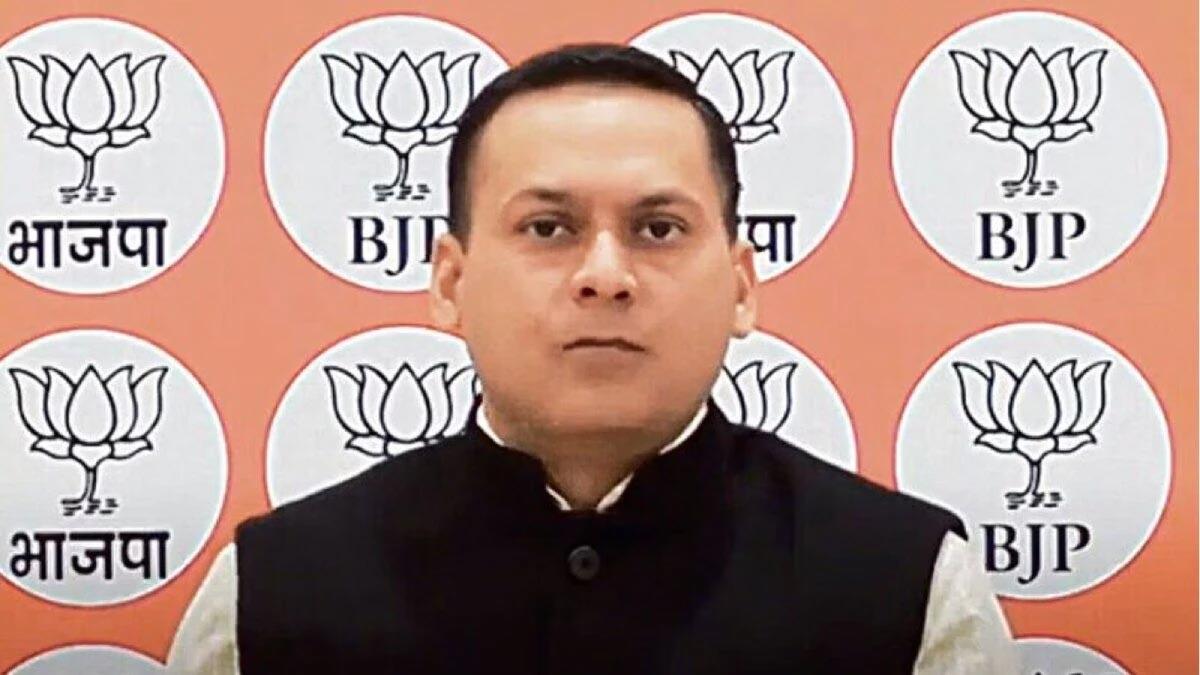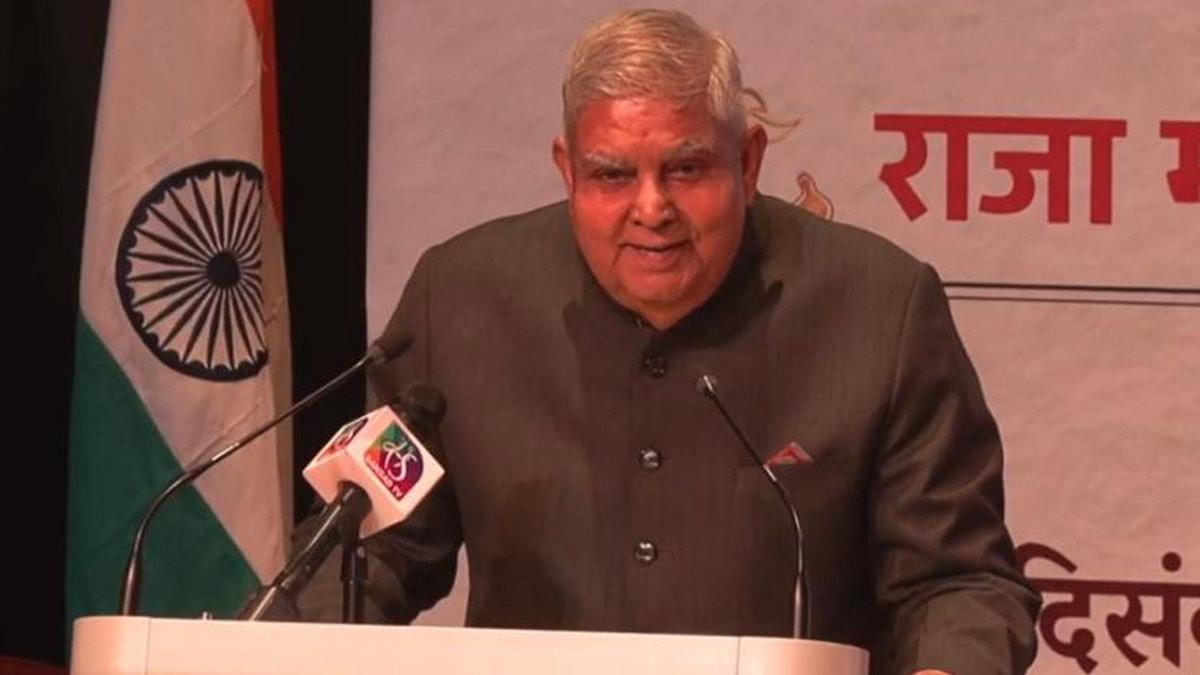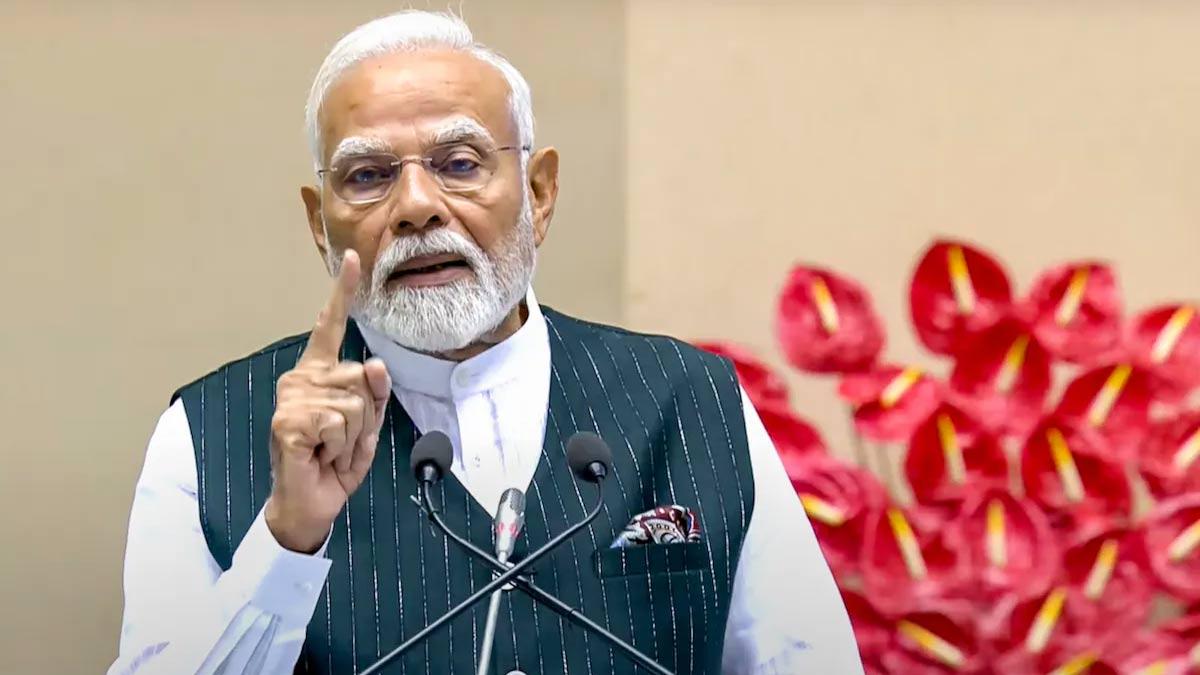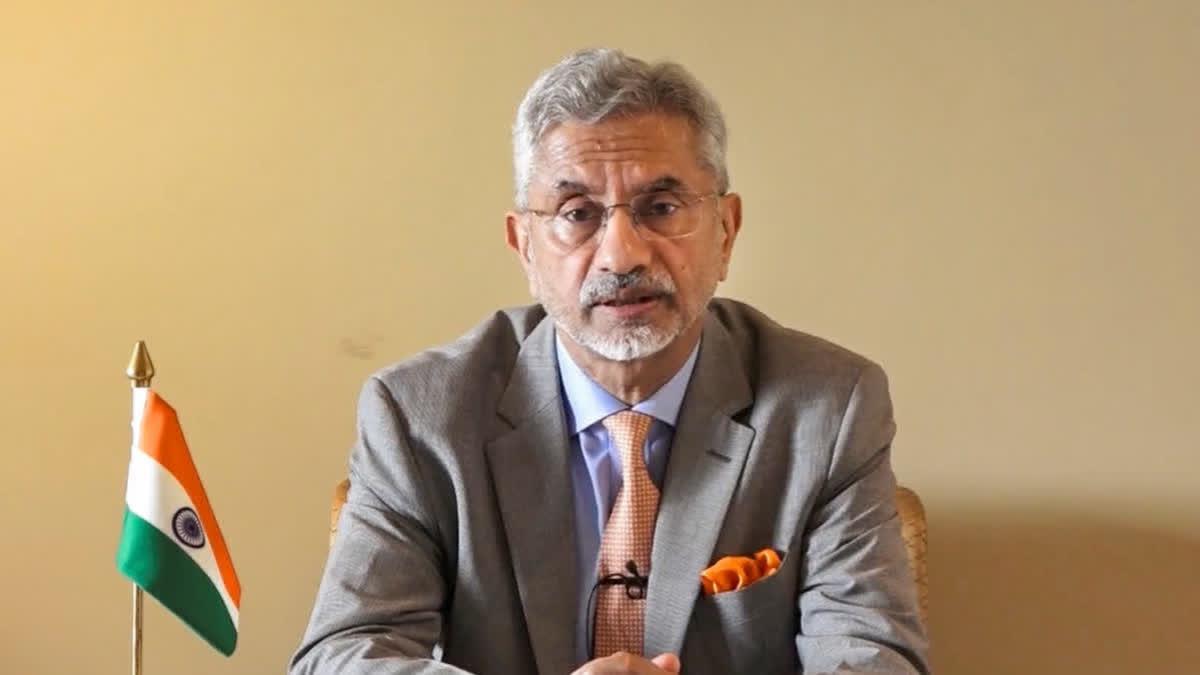Serving a two-fold purpose—to further enhance the country's reputation as a warm welcome destination for international tourists as well as address current security issues—the Central government has tabled the Immigration and Foreigners Bill of 2025. The groundbreaking bill promises to update and simplify the country's immigration regime.
With Prime Minister Narendra Modi at the helm, the government plans to strengthen national security while developing economic growth and facilitating a seamless experience for legitimate foreign tourists, such as professionals, scholars, business executives, tourists, and medical visitors.
The Bill brings together provisions from four earlier laws—the Passport (Entry into India) Act of 1920, the Registration of Foreigners Act of 1939, the Foreigners Act of 1946, and the Immigration (Carriers' Liability) Act of 2000—repealing these ancient laws in favor of an integrated legal code. The project is an extension of India's overall vision to streamline administration and enhance efficiency.
The Bill also aims to enhance ease of business and ease of compliance.
Among its significant features is an overhauled visa system that simplifies processes in several categories, such as tourist, business, and medical visas. Such improvements are set to ease smoother entry, sojourn, and exit of genuine travelers.
The bill will also propel economic growth through easy travel procedures, thus boosting tourism—comprising the fast-evolving field of medical tourism—as well as enhancing business prospects.
The heart of such reform is the creation of a Bureau of Immigration, which will handle immigration affairs more efficiently.
For the sake of national security, the Bill imposes stringent regulations for proper travel documents for departure and arrival. Immigration authorities are empowered to demand information that is needed from travelers, and transport carriers are required to furnish passenger information as per international norms.
The framework also enhances safeguards to track overstaying visitors, requiring institutions like hotels, universities, and hospitals to report foreign nationals in their custody.
In addition, the Bill minimizes burdens of compliance on legitimate stakeholders by permitting certain offenses to be compounded. Significantly, this bill is completely distinct from citizenship issues, dealing only with regulating foreign entries.
Through this balancing act of national security and economic development, this Bill represents an important achievement in the field of immigration policy for India.

